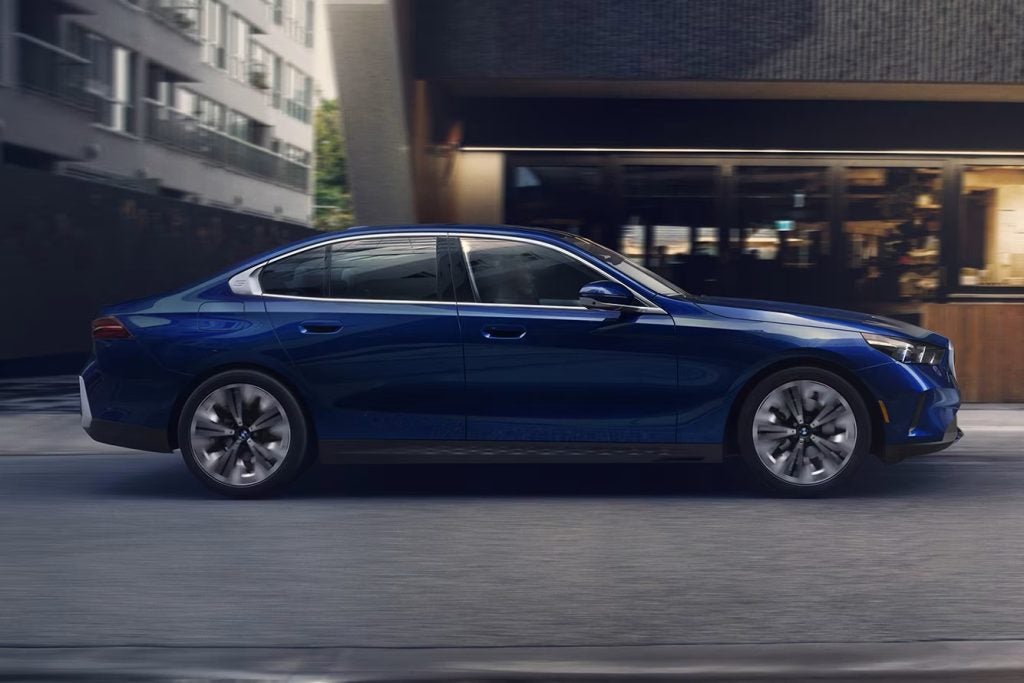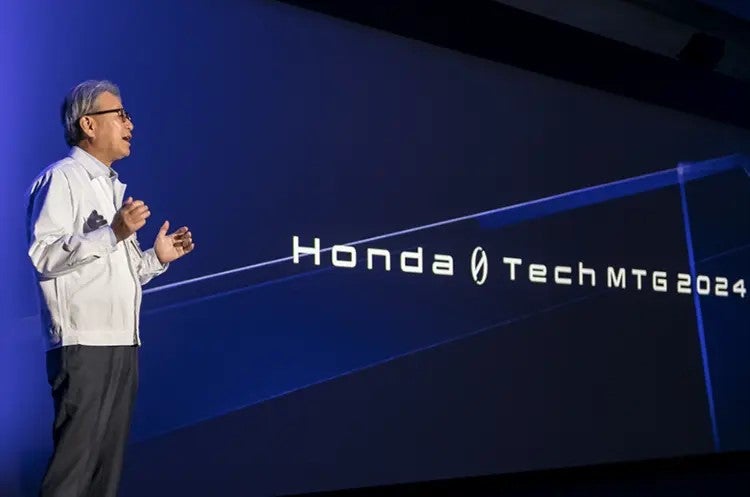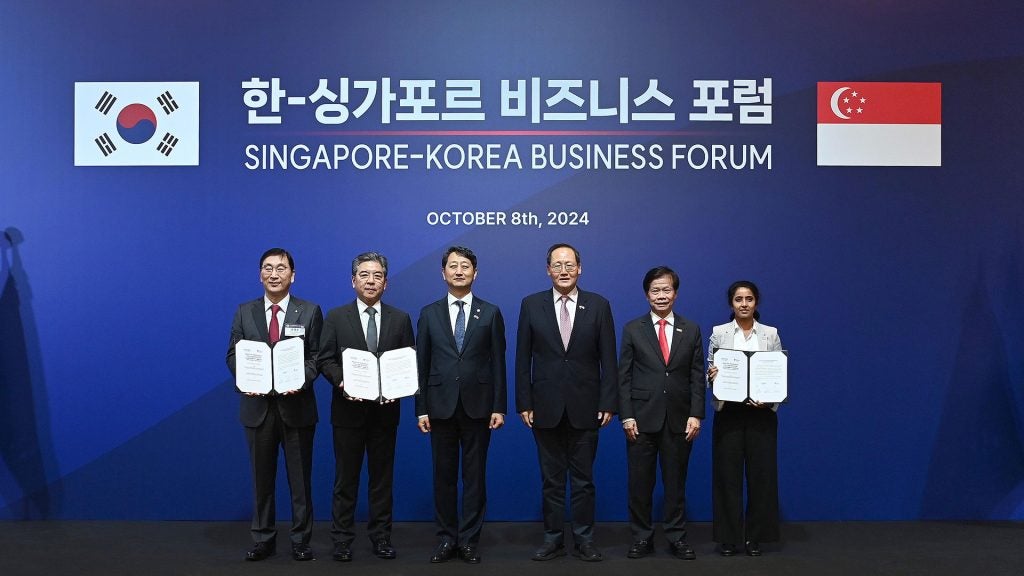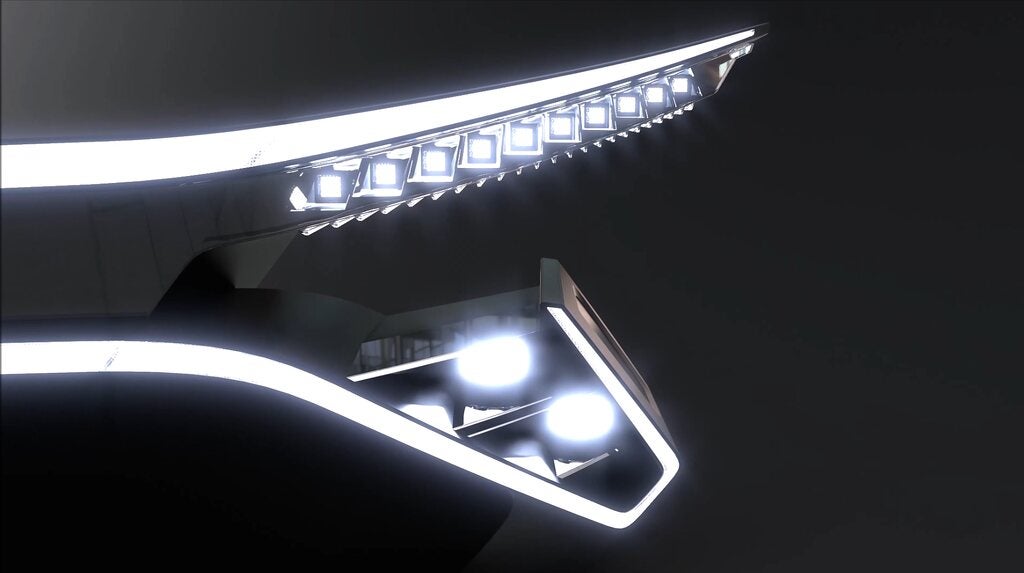Sales of imported light passenger vehicles in South Korea increased by 10% to 24,839 units in September 2024 from 22,565 units a year earlier, according to registration data released by the Korea Automobile Importers & Distributors Association (Kaida).
South Korea report: domestic sales flat in September
Last month’s volumes were supported by good availability of new models, according to the association, and well as by the inclusion of Tesla sales this year compared with none last year. Year-to-date (YTD) volumes were still 1.5% lower at 194,731 units from 197,742 units in the same period of last year, mainly reflecting slow sales in the first half of the year.
Overall demand for new vehicles in South Korea has weakened this year, as the country’s heavily indebted consumers reined in spending on big items. Domestic manufacturers reported a 9% drop in total vehicle deliveries to 994,468 units in the first nine months of the year.
German-owned brands accounted for over 65% of total import sales YTD, with segment leader BMW reporting a 4% drop to 54,472 units despite the launch of its new 5-series sedan earlier this year while its Mini brand reported an 18% drop to 5,734 units.
Mercedes-Benz saw its nine-month sales fall by 12% to 48,048 units despite the launch of the new E-series sedan earlier in the year. Volkswagen’s sales declined by 15% to 5,916 units, while Porsche’s dropped by 33% to 6,043 units and Audi’s plunged by 54% to 6,529 units.
Tesla reported 23,627 sales YTD, while Volvo’s sales fell by 11% to 11,123 units. Toyota enjoyed a 17% sales increase to 7,059 units, while its Lexus unit saw its sales rise by 1.5% to 10,196 units after performing strongly last year.
Following a major fire in an apartment complex in Incheon in August, which started in a Mercedes-Benz EQE and spread to more than 100 vehicles, domestic vehicle manufacturers and overseas brands have begun to disclose more BEV battery information, including supplier names, to increase transparency and help alleviate growing concern in the country over battery safety.
Importers are estimated to have accounted for close to 20% of BEV sales in South Korea year-to-date, led by Tesla and Germany Mercedes-Benz and BMW, while China’s BYD is expected to enter the market later this year.
















